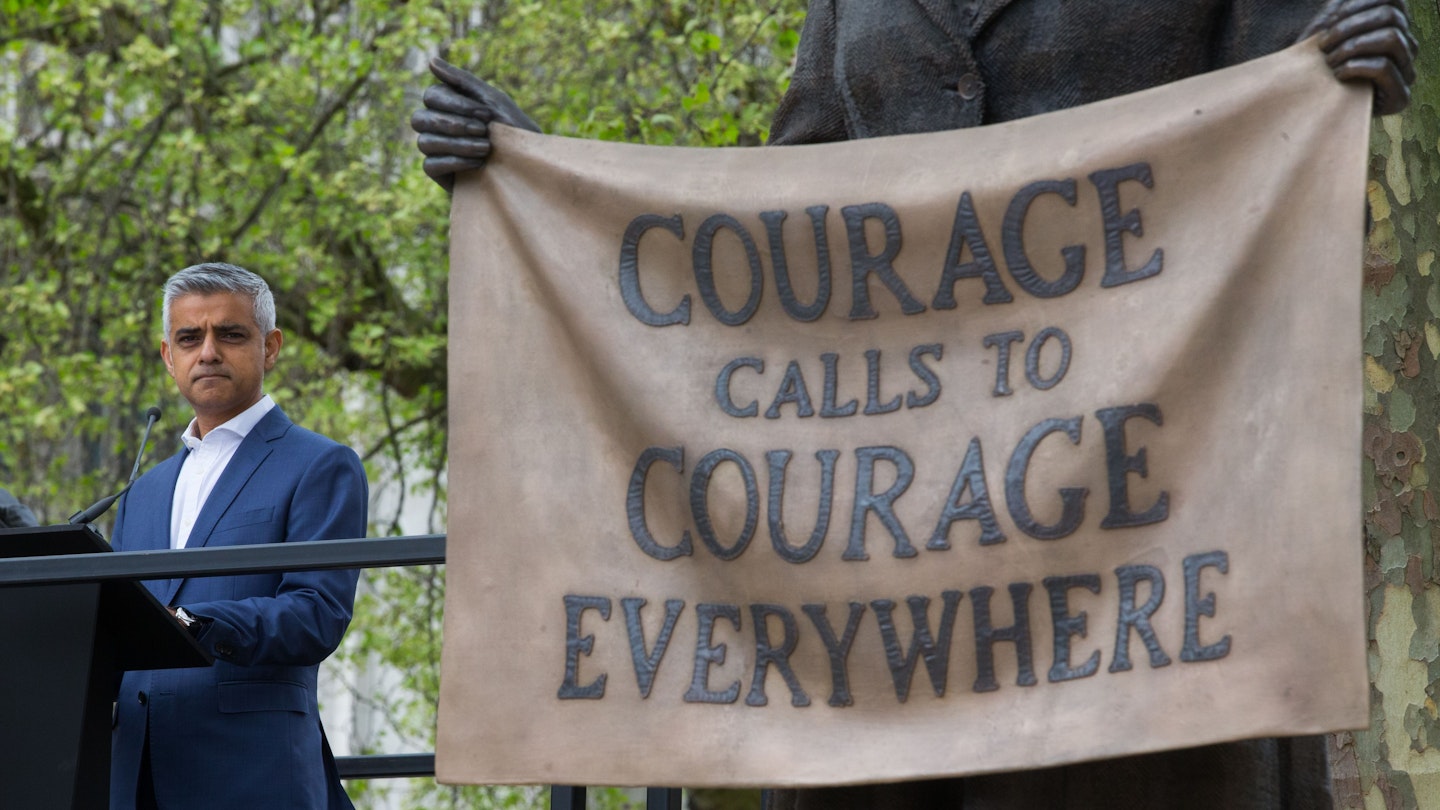Since the publication of all public and private companies’ gender pay gap statistics, finding that on average eight out of 10 paid men more than women per hour, there has been pressure to combat this widespread issue. Despite women calling out this problem for years, the factual evidence is now there, and so the problem cannot be avoided.
It’s in the wake of this that London Mayor, Sadiq Khan, has launched a scheme to ensure women face less barriers to senior positions, a key component in why most companies were paying men more than women.
The Greater London Authority (GLA), is introducing a city-wide leadership scheme called ‘Our Time: Supporting Future Leaders’, which according to their website will ‘pair high potential women with senior management level champions, either male or female, who will help to open up the professional networks, opportunities and contacts often needed to progress within workplaces.’
The scheme includes the GLA, the Mayor’s Office for Policing and Crime (MOPAC), Transport for London (TfL), the London Legacy Development Corporation (LLDC) and Old Oak and Park Royal Development Corporation (OPDC). So far, only Waltham Forest and Lambeth councils have signed up, however Khan is sure that more will follow. He said:
‘It is shameful that in 2018 women remain underrepresented at all levels of government and leadership roles. As a proud feminist, I want London to be a shining light in the fight for gender equality. I am pleased that we are showing the way, launching the first and biggest initiative like this in the public sector.’
Hoping to inspire more companies to take active steps in reducing gender inequality, he continued, ‘all of us must tackle inequality wherever we see it. I want to encourage all industries across the capital to commit to addressing the shocking imbalance we still see in positions of power today through adopting this scheme.’
A spokesperson from the Mayor’s office told The Guardian that instead of putting the burden on women to improve their skills through mentoring programmes, this scheme will ensure the employer is removing the barriers placed in front of women by helping them move into senior positions.
This comes after a data analysis of the gender pay gap report in April found that a key factor was the lack of women in senior, better-paid roles. According to research from the Fawcett Society, women make up only 6% of FTSE 100 chief executives, with none from black or ethnic minority backgrounds. Further, only 32% of council leaders are women, and only 28% of charity CEOs.
The statistics show that until women are in more senior positions, the gender pay gap will prevail. However, it remains to be seen whether Khan’s scheme will effectively tackle this, as a similar programme at Sky only resulted in an 8% increase in women in senior leadership roles over two years.
Click through to see all of the facts you need to know about sexism around the world...
Debrief Facts about women around the world
 1 of 18
1 of 18Facts about women around the world
 2 of 18
2 of 18Facts about women around the world
 3 of 18
3 of 18Facts about women around the world
 4 of 18
4 of 18Facts about women around the world
 5 of 18
5 of 18Facts about women around the world
 6 of 18
6 of 18Facts about women around the world
 7 of 18
7 of 18Facts about women around the world
 8 of 18
8 of 18Facts about women around the world
 9 of 18
9 of 18Facts about women around the world
 10 of 18
10 of 18Facts about women around the world
 11 of 18
11 of 18Facts about women around the world
 12 of 18
12 of 18Facts about women around the world
 13 of 18
13 of 18Facts about women around the world
 14 of 18
14 of 18Facts about women around the world
 15 of 18
15 of 18Facts about women around the world
 16 of 18
16 of 18Facts about women around the world
 17 of 18
17 of 18Facts about women around the world
 18 of 18
18 of 18